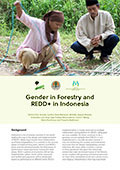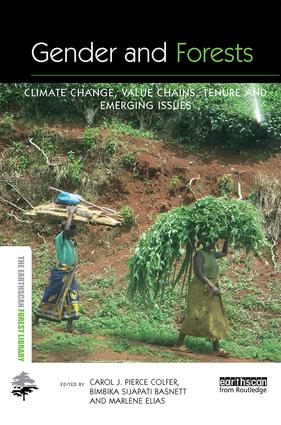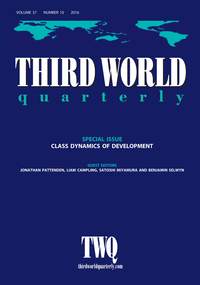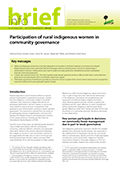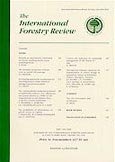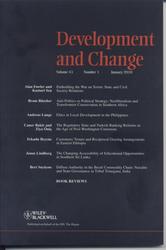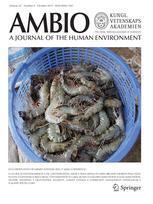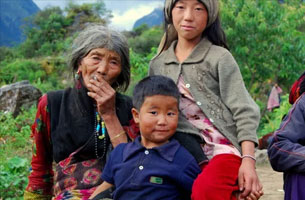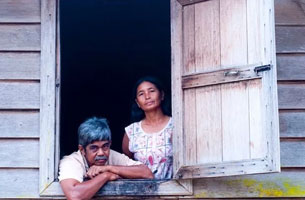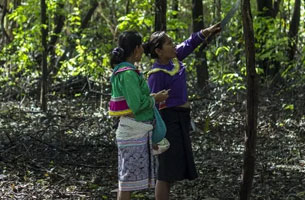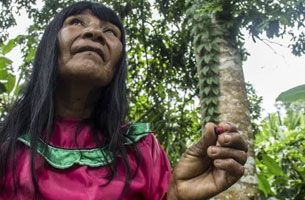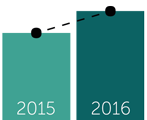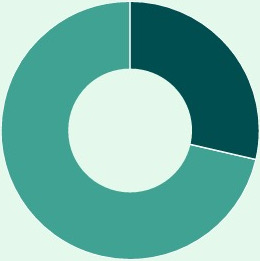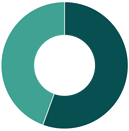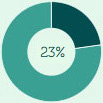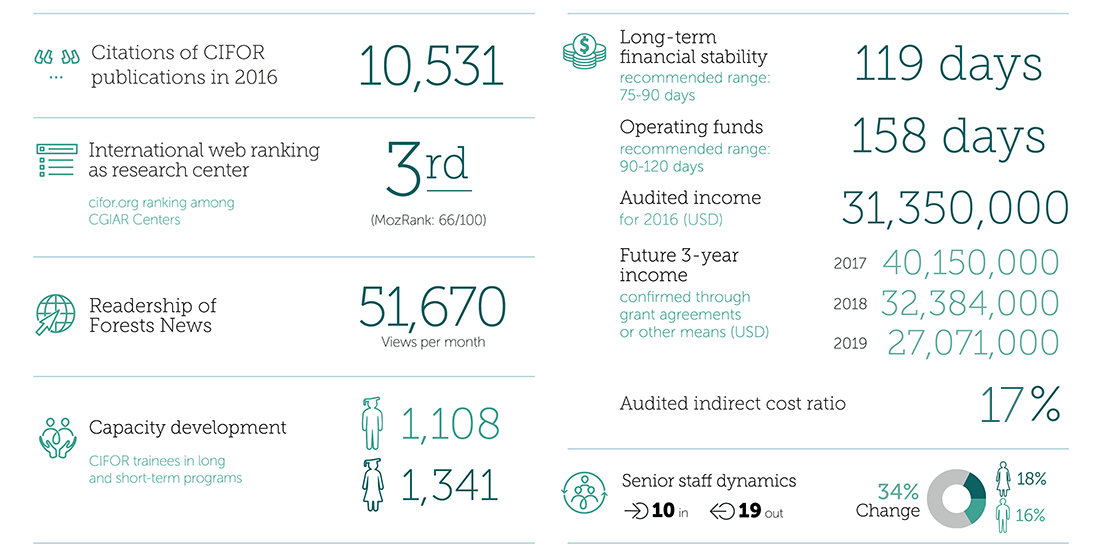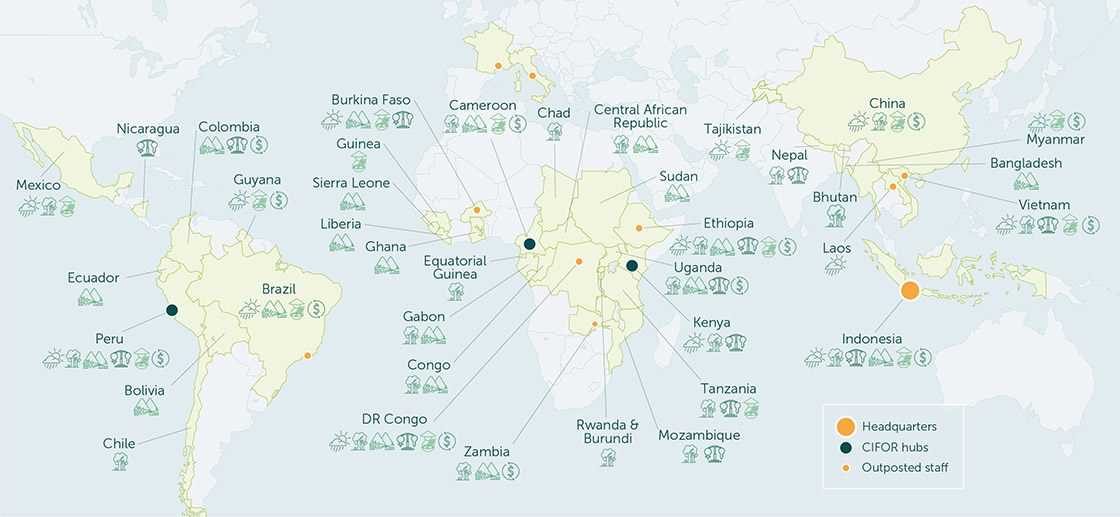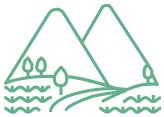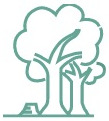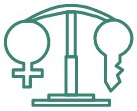
Gender across CIFOR’s work
CIFOR takes a rights-based approach to gender equality. Beyond the simple recognition that failing to understand local-level gender dynamics can skew research findings, we ground our gender work in the idea that all humans deserve an equal opportunity to thrive.
In 2016 CIFOR conducted gender research in Africa (Burkina Faso, Ethiopia, Kenya, Tanzania, Uganda, Zambia), Asia (Indonesia, Nepal, Vietnam, Tajikistan) and Latin America (Nicaragua, Peru).

2016 Achievements
- To shed light on the critical role women play in Indonesia’s oil palm sector, researchers from CIFOR, the University of Brighton, University of Indonesia, and the Rights and Resources Initiative conducted extensive research in Kalimantan, culminating in a set of recommendations for the Roundtable on Sustainable Palm Oil to help develop its gender strategy.
- Action research in Uganda succeeded in strengthening women’s leadership while restoring forests (see “Women break new ground in Uganda”).
- CIFOR scientists were among 245 experts from 27 countries whose policy briefs were chosen for inclusion in the United Nations Global Sustainable Development Report. Research from three CIFOR briefs on gender and climate change was highlighted in the chapter ‘Ensuring that no one is left behind and the 2030 Agenda.’
We are moving beyond vulnerabilities. We are moving to action and to agency of women. So when women get the chance to take their future in their hands they do it. But we need an enabling environment.
Houria Djoudi, CIFOR Scientist
Global outreach
- The Convention on Biological Diversity’s Conference of the Parties, Cancun featured a side event at which Amy Duchelle, CIFOR Scientist, spoke about Mainstreaming gender equality and social inclusion.
- At the United Nations climate conference in Marrakesh, Morocco, CIFOR led a skill-sharing session and panel discussion on gender-responsive climate policy and local-level adaptation
- A Global Landscapes Forum (GLF) workshop in Marrakesh entitled ‘How to walk the talk’ brought together policy makers, researchers and practitioners to discuss ways to promote gender equality in national climate policy.
CIFOR’s Gender Coordinator Dr. Bimbika Sijapati Basnett shares her views on the progress and the challenges for women living and working in rural areas.
> More research, publications and stories on forests and gender.
Gender in the workforce
CIFOR is committed to the further development and enhancement of a culture that, at all times, fosters fairness and impartiality toward all staff members. The policy of CIFOR is to provide equality of opportunity in employment for all persons and to prohibit discrimination against any staff member or applicant because of gender, race, religion or belief, nationality, ethnic or social origin, age, sexual orientation, marital status, disability or other aspects of personal status in the implementation of its personnel policies, programs, and operations.
CIFOR strives to foster a work culture and environment that supports gender diversity, equity and inclusion, and recognizes that gender diversity enhances the institution’s organizational effectiveness. In 2016, CIFOR’s workforce was composed of a majority of women (55% of total staff), and 40% of its Board of Trustees members were women.
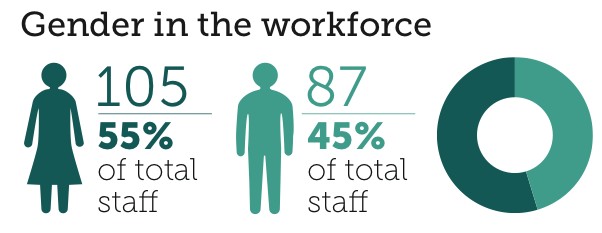
Photo by I. Cooke Viera/CIFOR.




